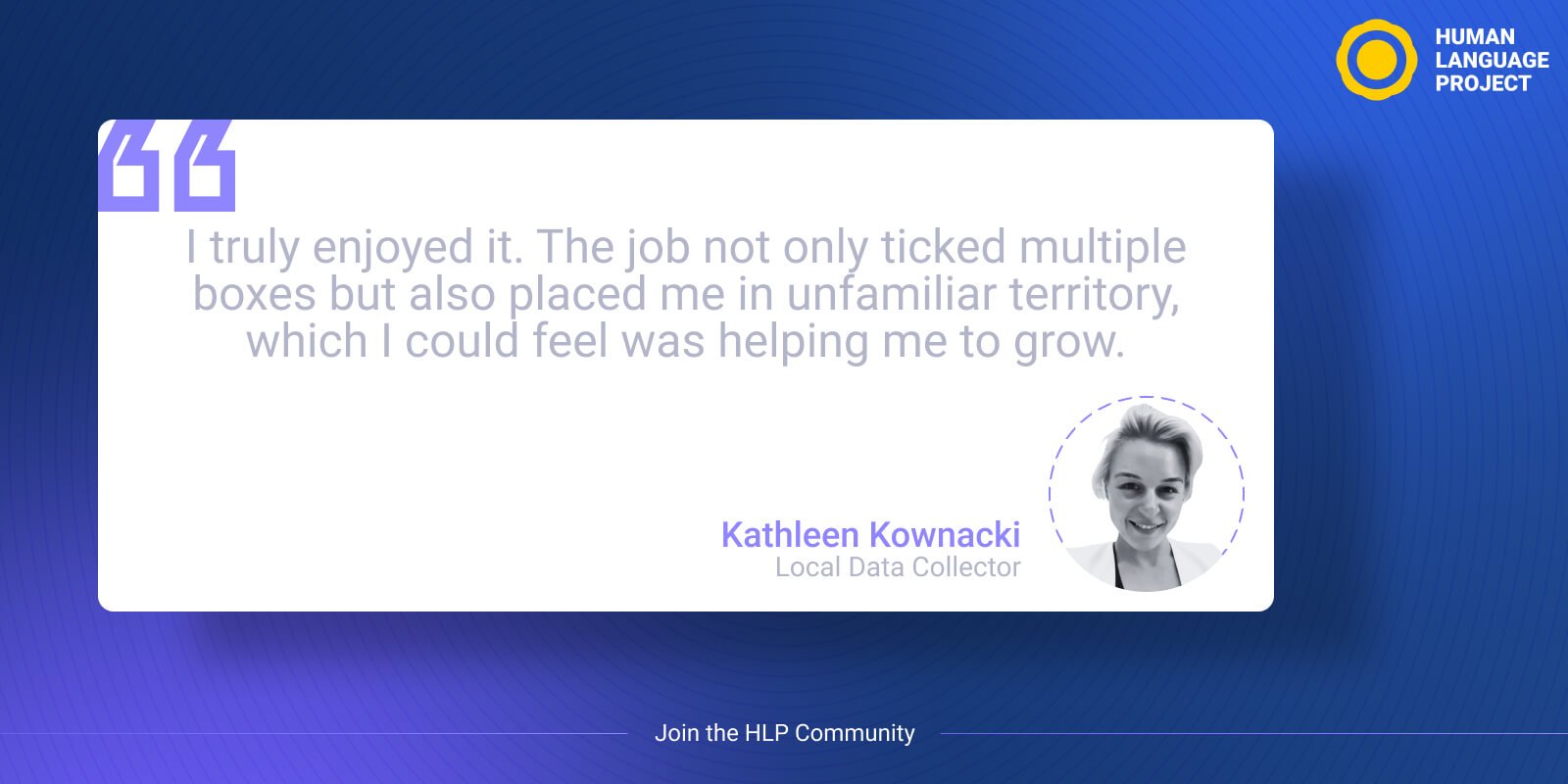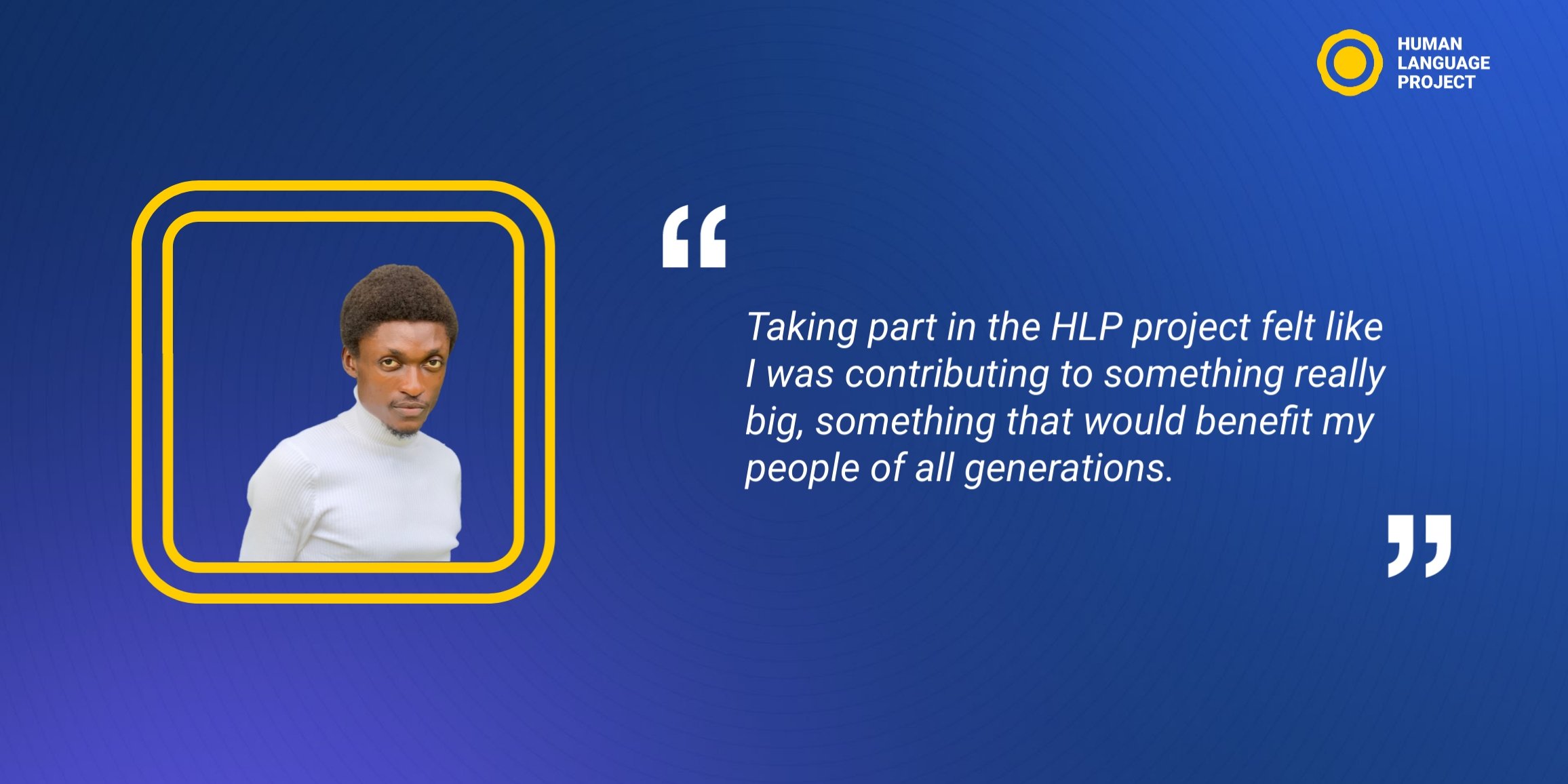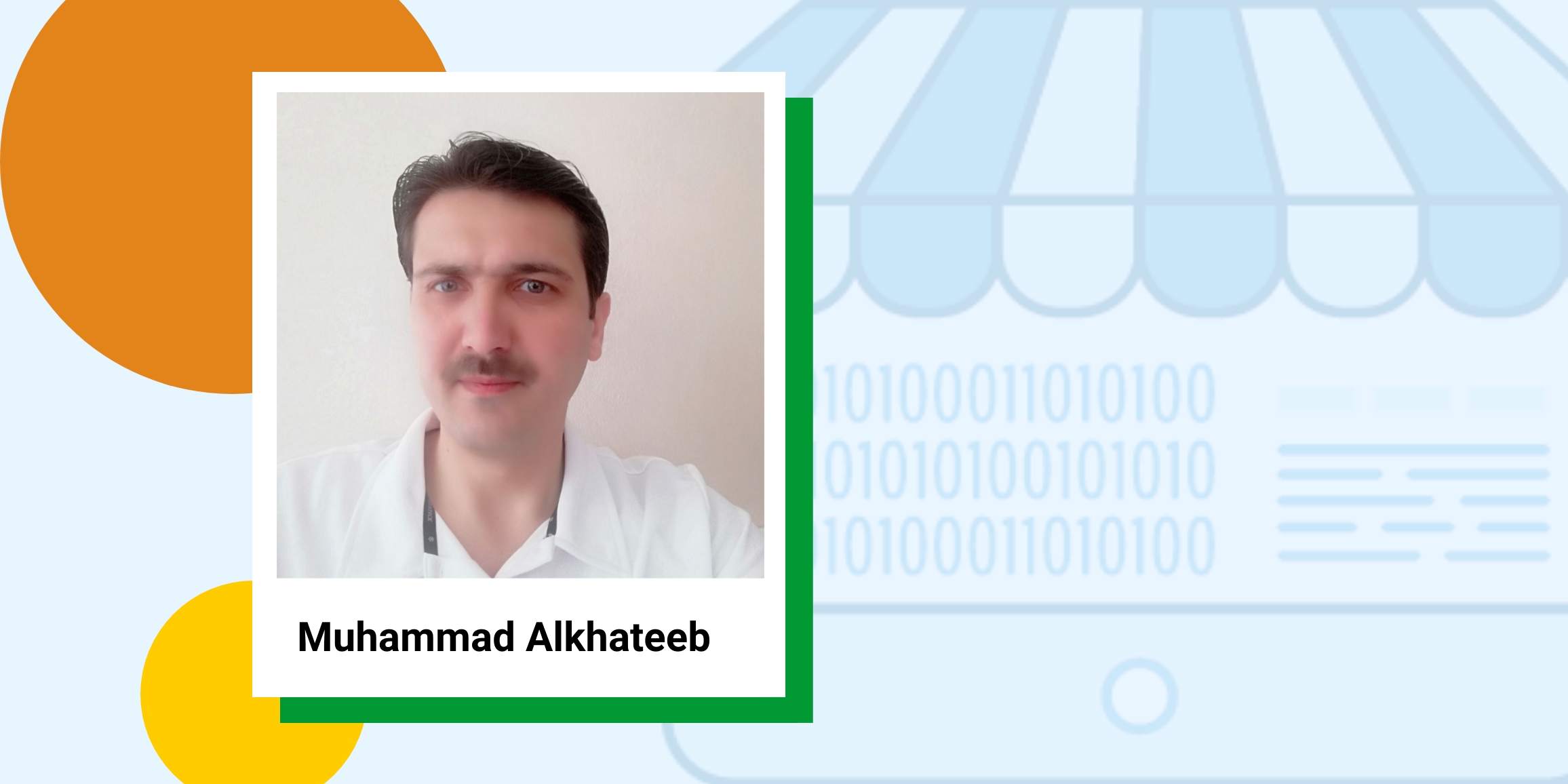Breaking the Publishing Ground: From Dictionaries to Linguistic Data
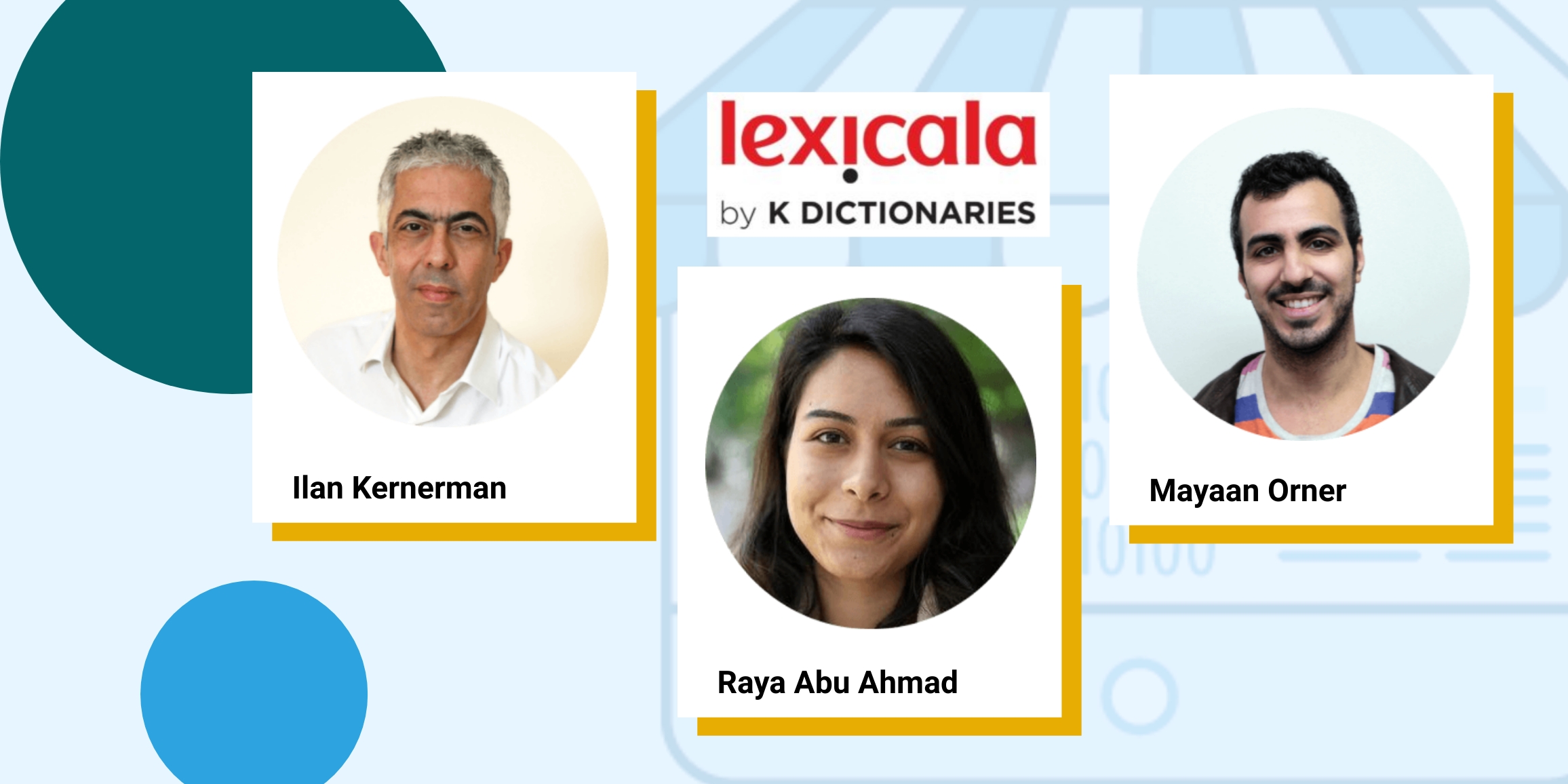
Lexicala has emerged from the publishing world, as a provider of quality lexicographic content for leading dictionary publishers worldwide, and joined the TAUS Data Marketplace as a language data seller.

Şölen is the Head of Digital Marketing at TAUS where she leads digital growth strategies with a focus on generating compelling results via search engine optimization, effective inbound content and social media with over seven years of experience in related fields. She holds BAs in Translation Studies and Brand Communication from Istanbul University in addition to an MA in European Studies: Identity and Integration from the University of Amsterdam. After gaining experience as a transcreator for marketing content, she worked in business development for a mobile app and content marketing before joining TAUS in 2017. She believes in keeping up with modern digital trends and the power of engaging content. She also writes regularly for the TAUS Blog/Reports and manages several social media accounts she created on topics of personal interest with over 100K followers.
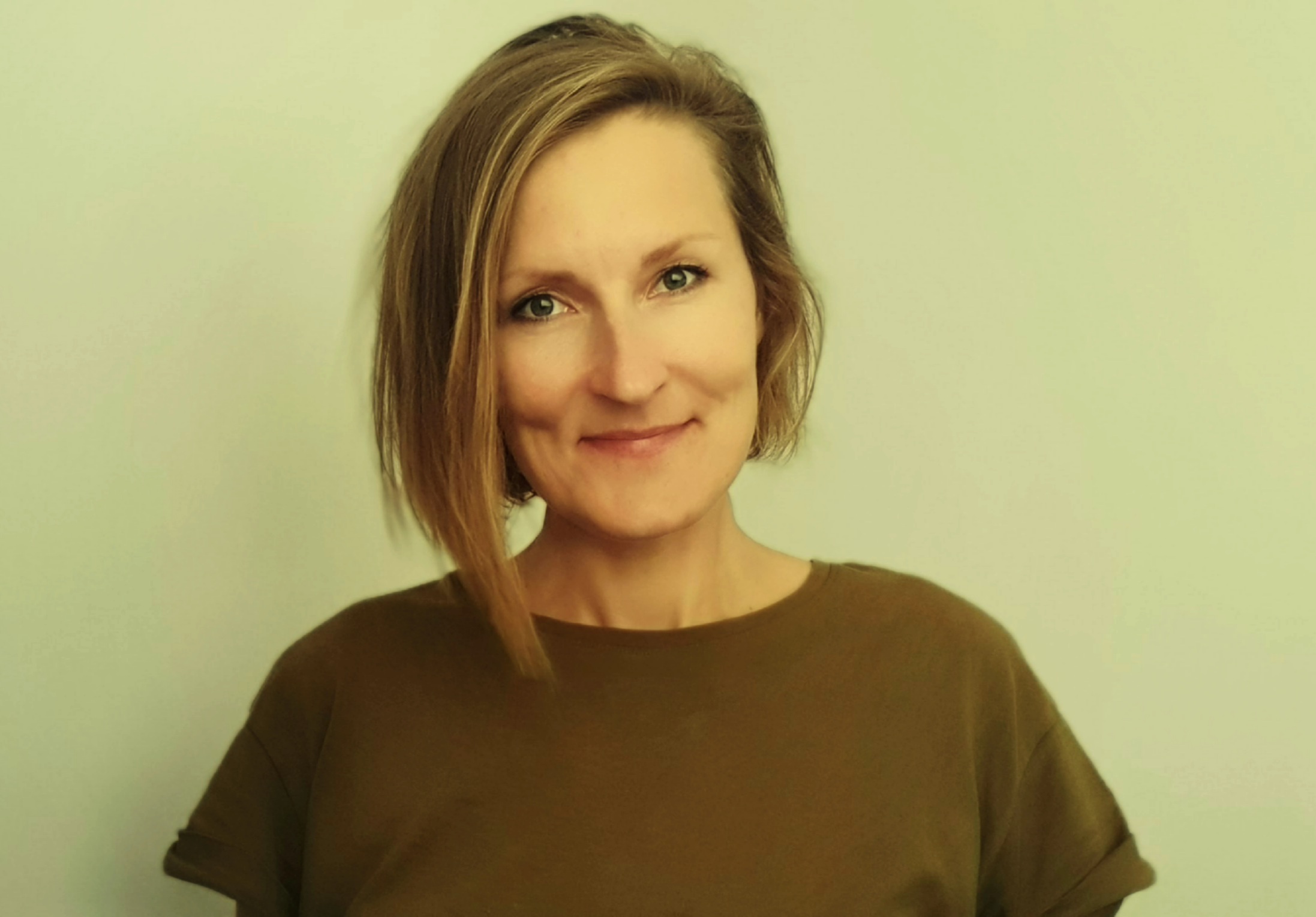 by Dace Dzeguze
by Dace Dzeguze by Şölen Aslan
by Şölen Aslan